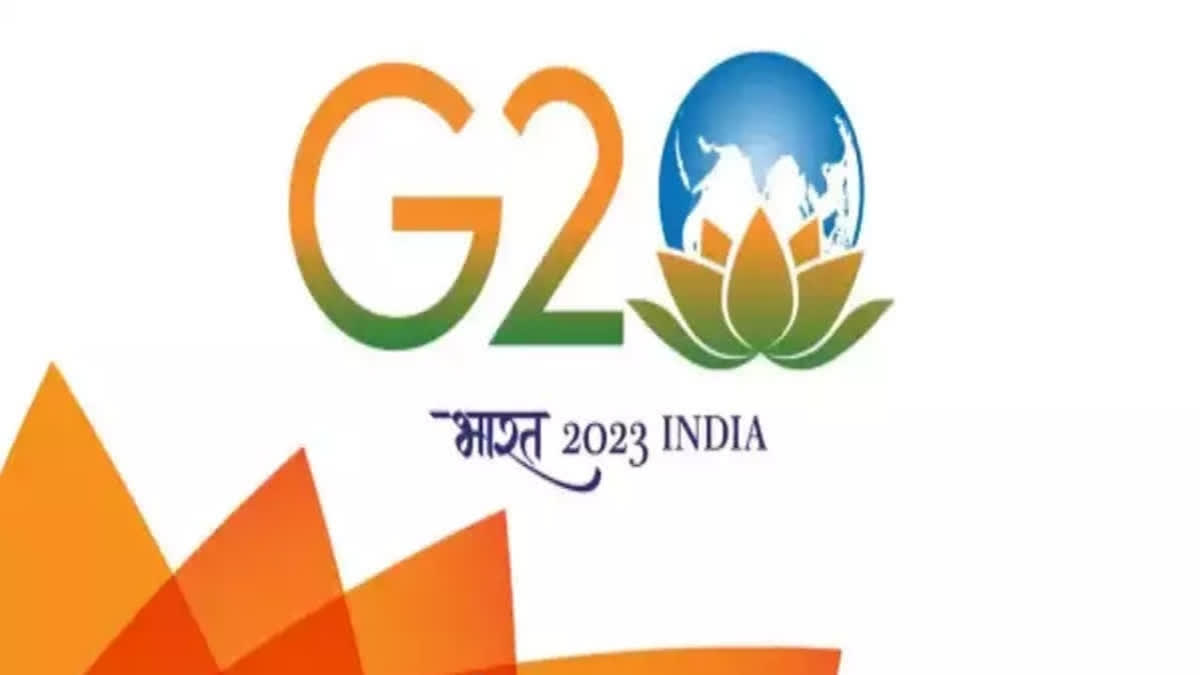New Delhi: As heads of 40 countries and many global organisations have been arriving in New Delhi for the G20 Leaders’ Summit to be held on September 9-10, the Union Health Ministry has chalked out an elaborate arrangement to handle any health-related emergencies. “Along with AIIMS and RML Hospital, we have also arranged 50 ambulances and ICUs in different locations for all the dignitaries coming for the biggest-ever summit of different countries,” said Health Minister Mansukh Mandaviya in New Delhi on Monday.
He said that all required arrangements have been put in place for proper communication with all ministries concerned. Mandaviya was talking to a selected group of reporters on different issues related to the health sector. Mandaviya informed that the Central government is planning to fully digitise the Universal Immunisation Programme (UIP) with a new platform called U-WIN, which will issue digital vaccination certificates.
This is a mechanism similar to the Covid-19 vaccine management system Co-WIN. “Although U-WIN has already been introduced on a pilot basis in a few districts, some State governments have also opposed the introduction of this new system,” a top government official privy to the development said. The platform will issue digital vaccination certificates. “All 13 vaccinations administered under UIP will be documented digitally on U-WIN. The platform will serve as a single point for registration, record-keeping, follow-ups and issuing certificates,” the official informed.
Also read: Why Bangladesh is only South Asian nation to be invited as guest by India for G20 Summit
According to government statistics, around 26 million children are born in India each year and they are vaccinated against Diphtheria, Pertussis, Tetanus, Polio, Measles, Rubella, severe forms of Childhood Tuberculosis, Rotavirus diarrhoea, Hepatitis B and Meningitis and pneumonia caused by Haemophilus Influenzae type B under UIP.
Referring to the recently held Health Ministers meeting under India’s G20 Presidency at Gandhinagar, Mandaviya informed that the World Bank (WB) has sanctioned $300 million as the global fund (pandemic fund) to mitigate any global health emergency. “The fund will be utilized in sectors like surveillance, testing and human resources,” Mandavia stated.
He further informed that the Gandhinagar declaration also vouched to end tuberculosis (TB) in the South-East Asia region by 2030. Mandaviya said that the G20 Health Ministers reaffirmed their commitment to continue strengthening the global health architecture so as to build more resilient, equitable, sustainable and inclusive health systems with equitable access to safe, effective, quality-assured and affordable vaccines, therapeutics, diagnostics, and other medical countermeasures, especially in Low-and Middle-income Countries (LMICs) and Small Island Developing States (SIDs).
He said that G20 Health Ministers realised the significance of digital health and health data modernisation in strengthening healthcare systems and making health services accessible and equitable to all, including recognising the work of many institutions towards the digital transformation of health systems, but they are primarily operating in silos leading to reduced country-level impact.
“G20 Ministers recommended that the existing digital health initiatives be closely coordinated to complement and support an interconnected digital health ecosystem and committed to supporting the WHO’s efforts to establish the global initiative on digital health, which will support the implementation of WHO member-states endorsed WHO’s Global Digital Health Strategy 2020-2025,” Mandaviya said.



